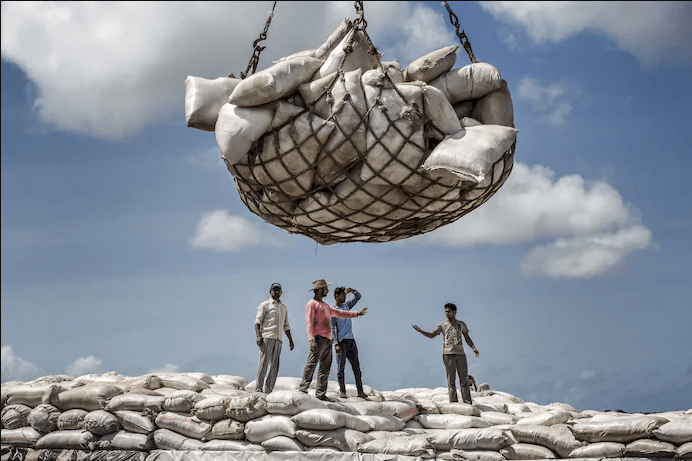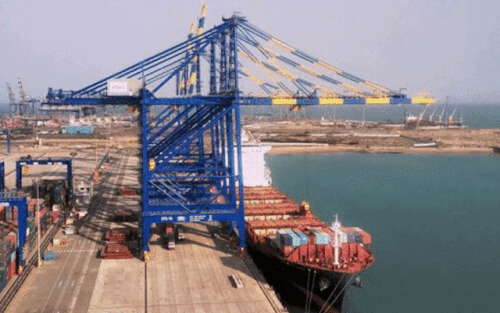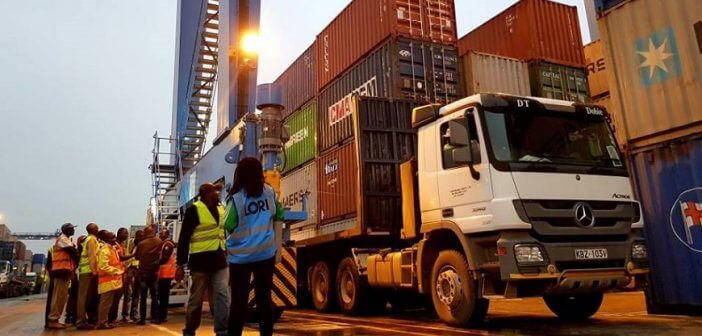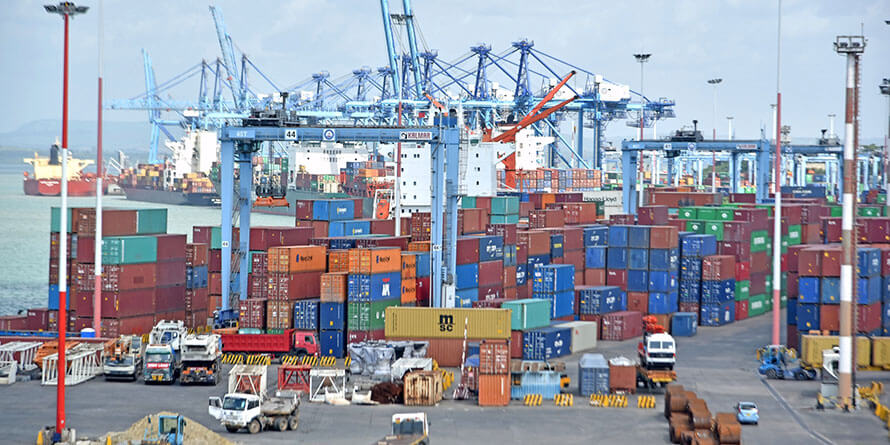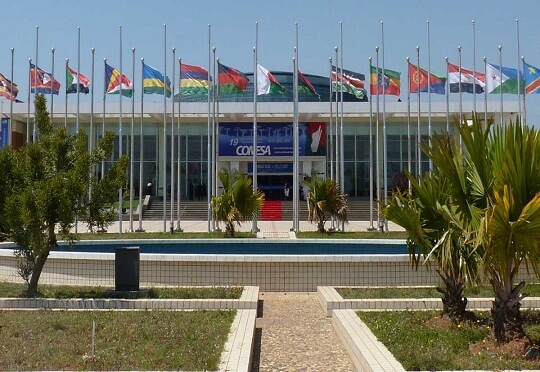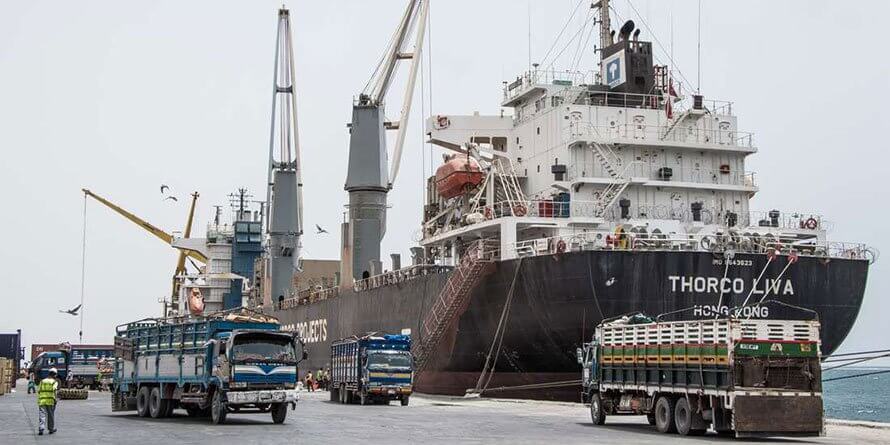Amid trade tensions between the U.S., China and Europe, and the U.K.’s fraught departure from the European Union, African leaders are moving in the opposite direction to establish the world’s largest free-trade zone. Talks on driving forward the African Continental Free Trade Area that stalled with the onset of the coronavirus pandemic are being revived by the African Union, but there is some way to go. A fully implemented deal could cover a market of more than 1.2 billion people with a combined gross domestic product of $2.5 trillion. 1. Who’s in the free-trade agreement? Just about the entire African continent. Fifty-four of the 55 nations recognized by the African Union have signed on to the organization’s initiative to liberalize intra-African trade in goods and services. Eritrea, which has a largely closed economy, is the sole holdout. More than half of the signatories have ratified the deal. 2. What’s the aim? To lower or eliminate cross-border tariffs on 90% of goods, facilitate the movement of capital and people, promote investment and pave the way for a continent-wide customs union. It will also create a liberalized market for services. Once members work out how to treat matters such as cross-border payments, telecommunications, transport and professional services, some countries will have to amend their domestic regulations to comply. 3. Has trading under the agreement started? Not yet. The trade area entered into force in May 2019, four years after negotiations started, when the required minimum of 22 nations ratified it. The first...
As World Wavers on Free Trade, Africa Embraces It
Posted on: August 24, 2020
Posted on: August 24, 2020

